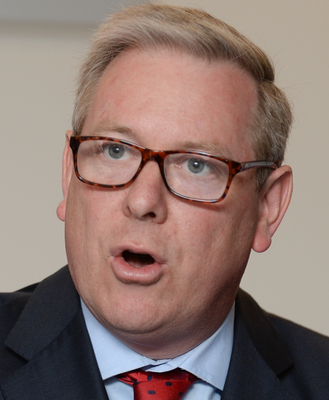By Luke Voogt
Upper house MPs could stop the State Government from abolishing Geelong’s mayoral vote, according shadow local government minister David Davis.
The coalition would consider joining forces with the Greens to defeat the government’s bill stripping residents of their vote for mayor, he said.
The coalition and greens previously united on Geelong’s council in the upper house last year when they stopped the government appointing administrators until 2020.
The parties forced the government to instead hold council elections in October 2017 after sacking the city’s councillors in April 2016.
The coalition would consider the bill introduced this week “in a very methodical way”, Mr Davis told the Indy.
“We’ll be talking with all the smaller parties to find points of commonality.”
The coalition wanted Geelong to retain its direct mayoral election “but more in the (style of the) Melbourne model,” Mr Davis said.
He accused Local Government Minister Natalie Hutchins of trying to “ram” the bill through parliament after moving that parliament debate to only one day after its second reading.
Debating “on the fly” a bill guiding the future of Victoria’s second city would be “extraordinary“, Mr Davis said.
“Ms Hutchins is either incompetent and blundered the legislative process, or intended to force the bill though the lower house.”
Ms Hutchinson backed down, with her office confirming that parliament would debate the bill after the customary two weeks.
The bill would give Geelong the “council it deserves”, she said.
Returning to the system of councillors choosing the mayor would ensure they worked “as a team”.
The sacked council was “unable to provide long-term vision and lacked the leadership required to manage Geelong’s major challenges”, Ms Hutchins said.
The government based the bill on the recommendations of a Geelong Citizens’ Jury, she said.
“We trust the people of Geelong to know how to improve their council and this legislation makes their views law.”
The government allowed the jury to consider two models for the mayoral vote: the existing or previous system.
The jury was unable to recommend a third model, such as Melbourne’s system.
The bill also includes a council structure of 11 councillors from four wards, effective from October’s elections.









